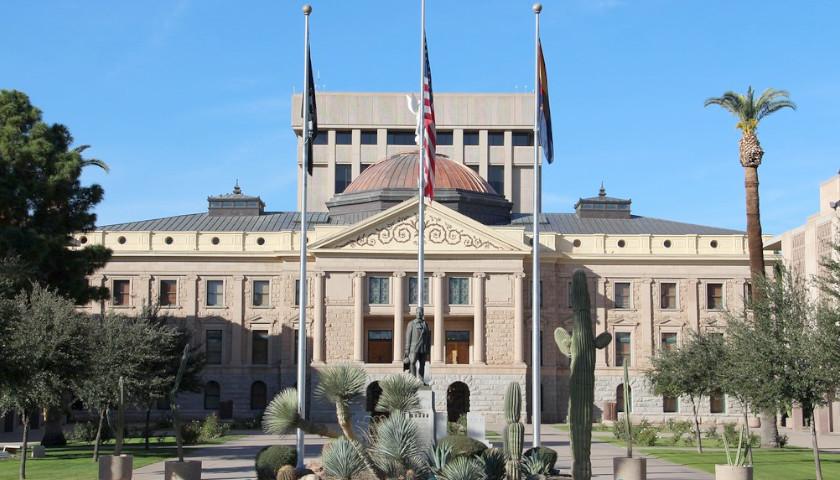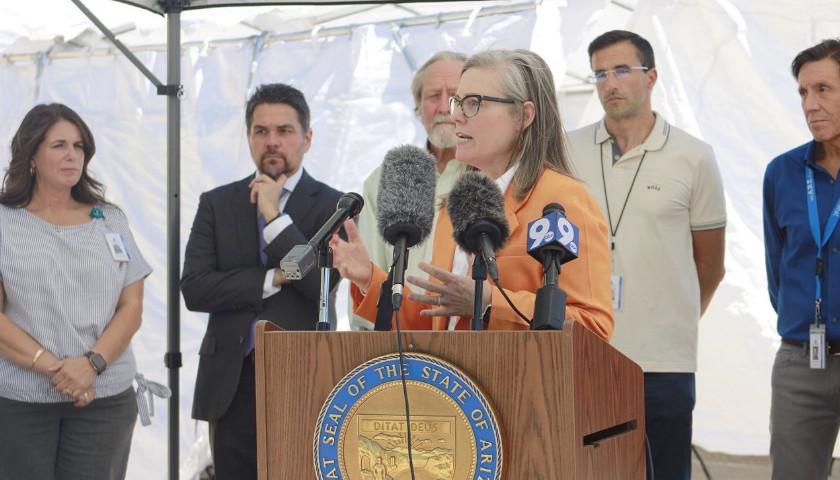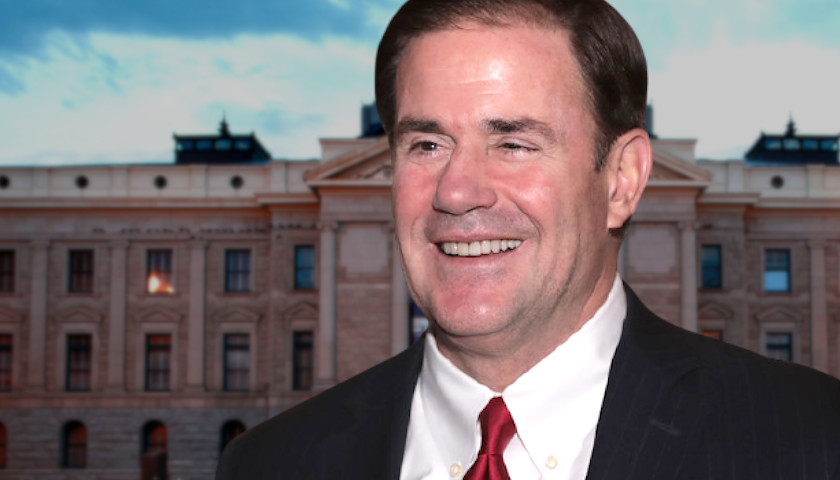by Gail Griffin
There has been a lot of talk recently about rural groundwater bills not getting a hearing at the Arizona State Legislature.
Over the years, proposed legislation has gone by many names, including “Groundwater Conservation Areas,” “Special Management Areas,” “Rural Management Areas,” and “Local Groundwater Stewardship Areas.” It also includes “Sustainable Groundwater Management Plans.”
Regardless of the name, the concept is the same, and all are bad.
While the idea of “local control” might sound good, the actual provisions are far from local or voluntary.
Instead of requiring a local vote of the community, these bills would allow as few as two people in some counties to establish irreversible groundwater control districts throughout the county.
Instead of being elected by the people, the members of these districts would be appointed by the Governor.
Instead of requiring a unanimous vote of county supervisors to adopt the most stringent assured water supply regulations in the nation, these bills would require only a simple majority.
Instead of applying equally across the entire watershed, these bills would allow only “portions” to be designated, meaning that individual properties could be singled-out for their water use, such power plants, farms, mines, hydrogen production facilities, or any business.
Instead of reducing the size of government, these bills would create new layers of government and give additional taxing, zoning, planning, and condemnation authority to a small group of unelected, unaccountable bureaucrats to decide the community’s economy and tell you what you can and cannot do with your private property.
Instead of voluntary conservation requirements, these bills would allow mandatory reporting requirements, groundwater supply rations, and groundwater withdrawal fees (taxes).
Instead of holding government officials accountable for public funds, these bills would allow the Governor to give up to $50 million each year to any non-profit organization or Indian tribe, regardless of geographic location, political ideology, or conflict of interest.
Instead of respecting the right to privacy, these bills would intrude into the personal lives and affairs of rural Arizonans and require active monitoring devices on private wells, including ranchers and farmers litigating water rights in ongoing stream adjudications.
Instead of authorizing temporary measures to help restore aquifer health, these groundwater control districts would be forever.
Instead of limiting absolute power, these bills would allow the unelected members of the board to essentially rule by fiat by establishing “local management goals” that would allow them to do whatever they want as the board.
Instead of requiring water to be put to “beneficial use,” these bills would open the door to “water markets” wherein water could be turned into a “commodity” and sold to the highest bidder, hoarded, and exported out of the district to big cities, environmental non-profits, and private corporations.
Instead of narrowly tailoring government power to prioritize human life and prosperity, these bills would allow the board to expand the definition of an “assured water supply” to require not only enough water for human activity over 100 years, but also enough water to protect endangered species, streams and rivers, and fish and wildlife habitat for 100 years (or longer). In other words, no water for people; only for the environment.
All of these are fraught with abuse and are unworkable for Arizona.
Thus, “local control” (in this context) is a wolf in sheep’s clothing, designed to trick voters into thinking the bills do something other than what they actually do.
We must do everything we can to identify bad legislation before it gets a hearing. And we must find solutions that make sense for Arizona and help strengthen our responsible use and management of water and natural resources.
We do have solutions moving forward, and we will continue to explore additional solutions that can help to address rural groundwater in Arizona.
As an elected official, I am committed to working with anyone who is willing to work with me and others to find reasonable solutions.
Until then, I will continue to fulfill my duty to the public to support good legislation, and oppose bad legislation, on rural groundwater management in our state.
– – –
Gail Griffin is a Republican member of the Arizona House of Representatives serving Legislative District 19, which includes areas of Greenlee, Graham, Cochise, and eastern Pima Counties. Griffin chairs the House Natural Resources, Energy & Water Committee and is co-chair of the Joint Legislative Ad Hoc Committee on Water Security.
Background Photo “Arizona Legislature” by Gage Skidmore. CC BY 2.0.





